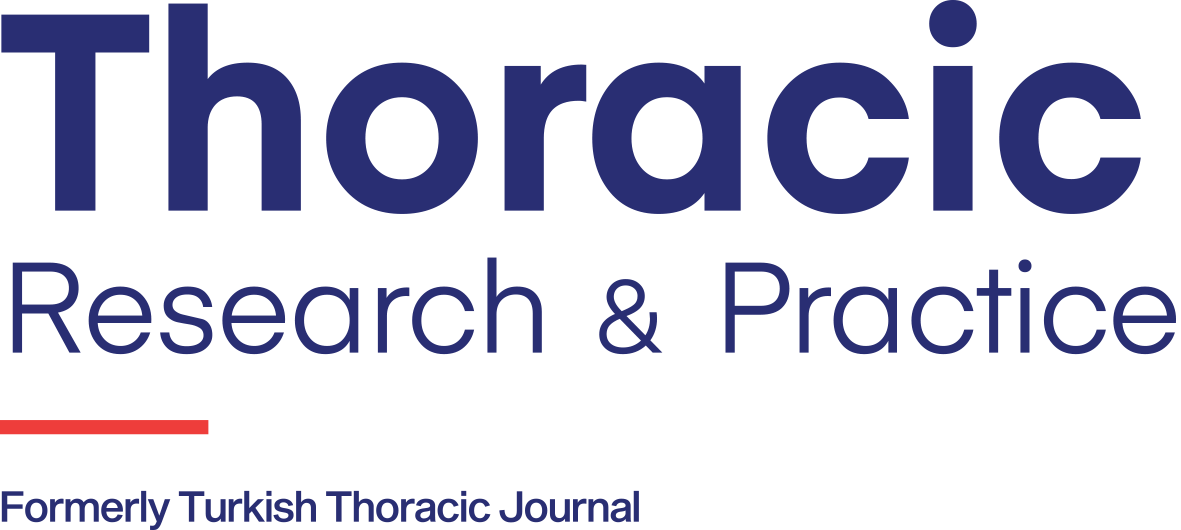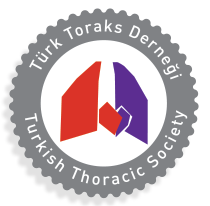Abstract
This study was carried out to compare the effects of three forms of individualized education (verbal, written, and verbal-written) on knowledge of inhaled corticosteroids in asthmatic patients. To this end, a randomized double blind controlled study was conducted with 60 adult asthmatics followed-up at the outpatient clinic of Chest Diseases and Tuberculosis in the Faculty of Medicine of Süleyman Demirel University in İsparta, Turkey. Knowledge of inhaled corticosteroids was tested at baseline and 2 months after an educational intervention. Prior to the educational intervention, knowledge of inhaled corticosteroids was low in all three education groups. The ratio of compliance with the treatment was 50.0%. Only 30 (50.0%) patients had perfect inhaler skills. Thirty-eight (63.3%) patients used their drug regimens in non-compliance with the Consensus Report. Eleven (18.3%) patients were in strict compliance with the treatment and used their drug regimens in accordance with the Consensus Report. Twenty-seven (45.0%) patients were in strict compliance with the treatment and at the same time used inhaled corticosteroids. Two months after the educational intervention, the change in knowledge score was highest in the verbal-written education group. From the results of this study it can be concluded that asthmatic patients do not have sufficient information about inhaled corticosteroids, that additional information can increase their knowledge, and that the verbal-written information has a greater impact on patients’ knowledge of inhaled corticosteroids than verbal or written information alone.



